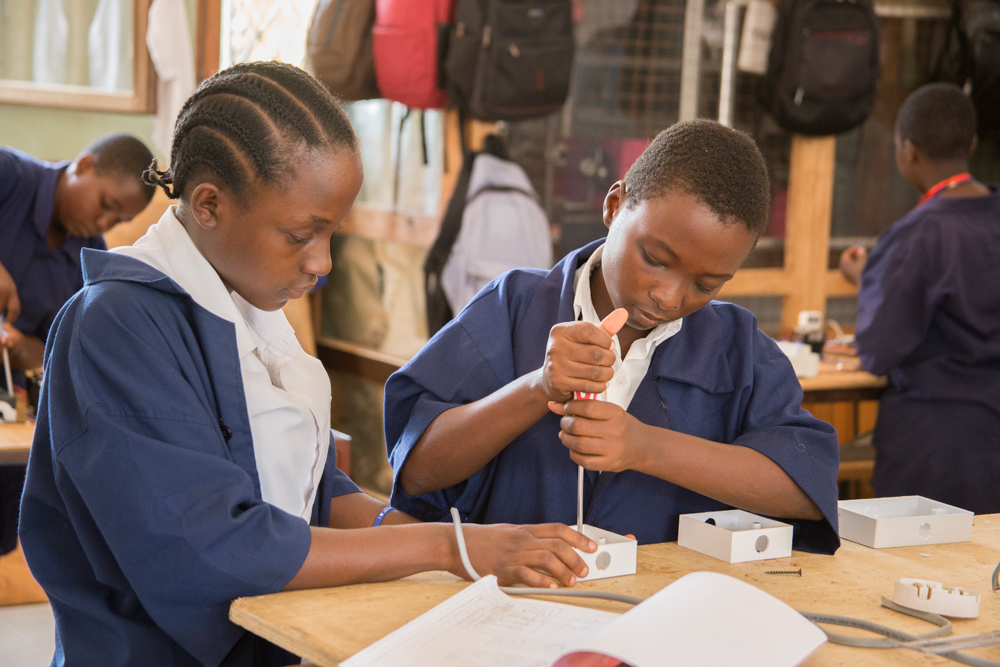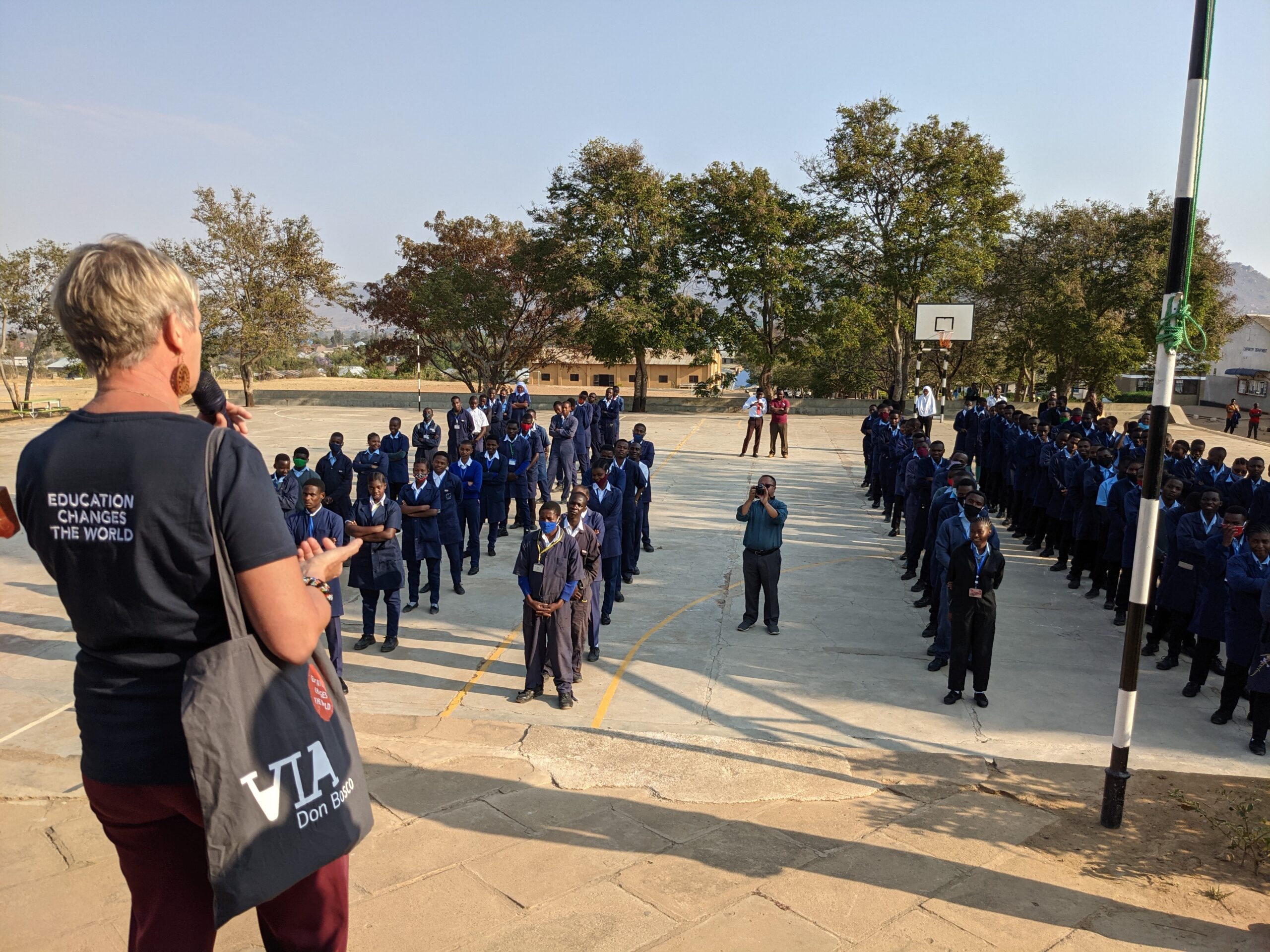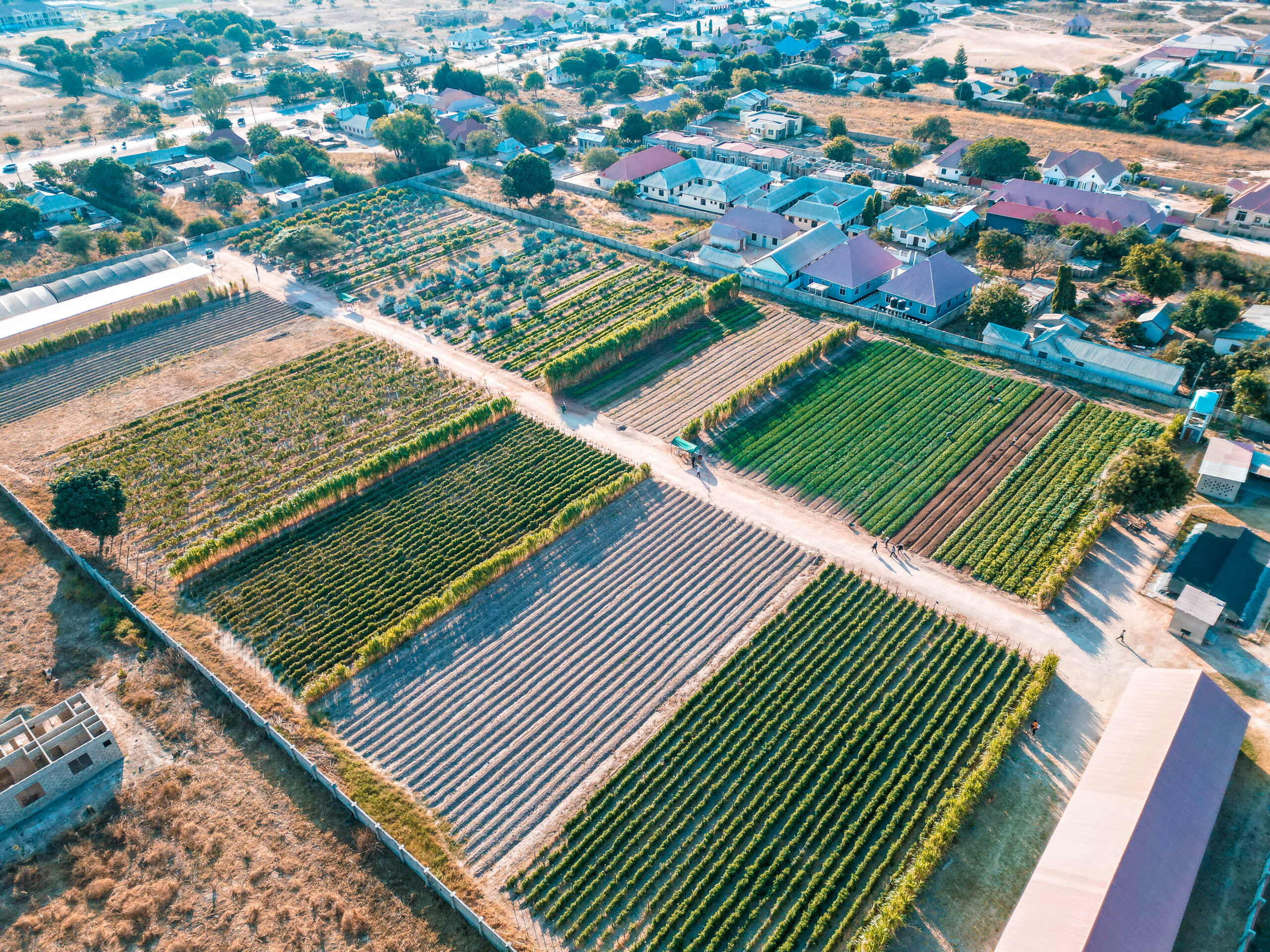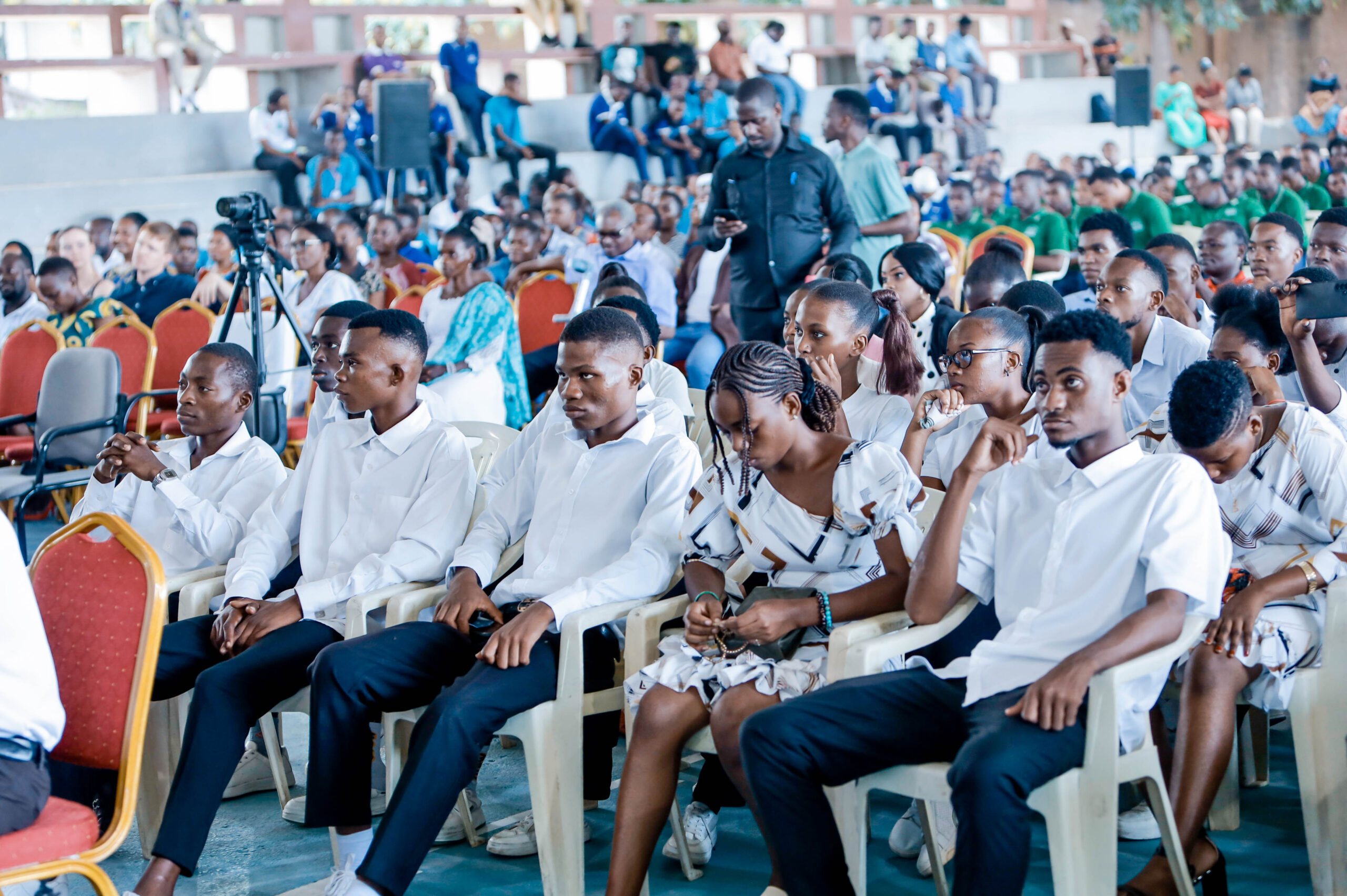
Our educational initiatives span Primary, Secondary, and TVET (Technical and Vocational Education and Training) sectors. We focus on digital learning for primary students, improving access to quality education for vulnerable children. In secondary education, we enhance curriculum, teaching quality, and infrastructure, especially for marginalized youth. Through partnerships with Don Bosco institutions, we offer vocational training that equips young people with skills for the job market, addressing critical gaps in employability and sustainable development.

Don Bosco’s youth programs foster holistic growth through oratories, life skills training, camps, retreats, and social outreach. These initiatives provide safe spaces for recreation, education, spiritual growth, and community engagement, enabling youth to develop socially, emotionally, and spiritually, while fostering leadership and active citizenship.

We offer comprehensive support for OVC, focusing on education, psychosocial counseling, and basic needs such as health care, nutrition, and shelter. By partnering with communities, we aim to break the cycle of poverty, providing children with opportunities to thrive and build a better future.

Our sustainable agriculture programs support youth and local farmers through training in modern and organic farming techniques, improving productivity, food security, and environmental resilience. These efforts also contribute to the economic diversification of Don Bosco institutions, generating income to support long-term sustainability.

Our Job Services Office (JSO) empowers youth by bridging the gap between education and employment. We provide career counseling, skills development, entrepreneurship training, and job placement services, equipping young people with the tools needed for success in today’s competitive job market.
P.O.Box32770
Dar es salaam – Tanzania
+255 756 308 518
+255 764 536 533
info@dbtz.org
©2025. Don Bosco Networks Tanzania, All Rights Reserved | Developed by Smart Solutions Tanzania.